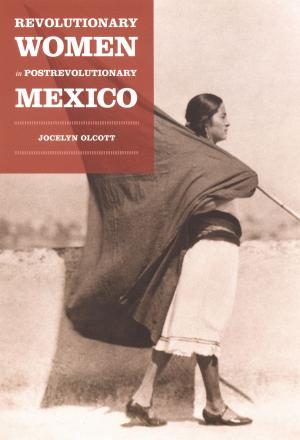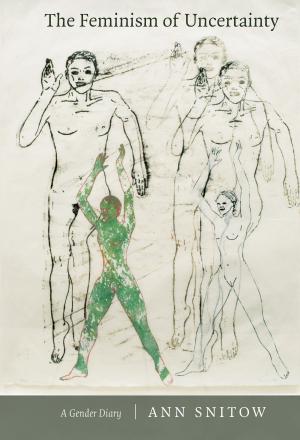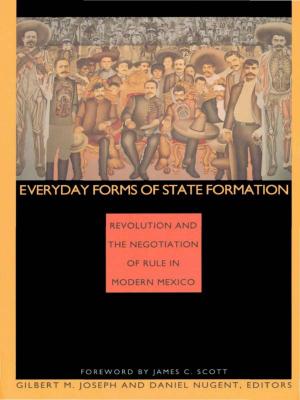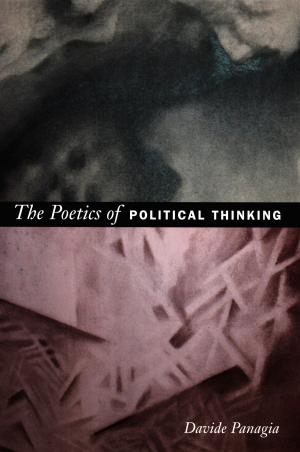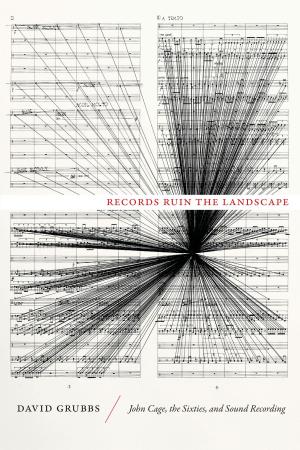Gumshoe America
Hard-Boiled Crime Fiction and the Rise and Fall of New Deal Liberalism
Fiction & Literature, Literary Theory & Criticism, Mystery & Detective Fiction| Author: | Sean McCann, Donald E. Pease | ISBN: | 9780822380566 |
| Publisher: | Duke University Press | Publication: | December 6, 2000 |
| Imprint: | Duke University Press Books | Language: | English |
| Author: | Sean McCann, Donald E. Pease |
| ISBN: | 9780822380566 |
| Publisher: | Duke University Press |
| Publication: | December 6, 2000 |
| Imprint: | Duke University Press Books |
| Language: | English |
In Gumshoe America Sean McCann offers a bold new account of the hard-boiled crime story and its literary and political significance. Illuminating a previously unnoticed set of concerns at the heart of the fiction, he contends that mid-twentieth-century American crime writers used the genre to confront and wrestle with many of the paradoxes and disappointments of New Deal liberalism. For these authors, the same contradictions inherent in liberal democracy were present within the changing literary marketplace of the mid-twentieth-century United States: the competing claims of the elite versus the popular, the demands of market capitalism versus conceptions of quality, and the individual versus a homogenized society.
Gumshoe America traces the way those problems surfaced in hard-boiled crime
fiction from the1920s through the 1960s. Beginning by using a forum on the KKK in the pulp magazine Black Mask to describe both the economic and political culture of pulp fiction in the early twenties, McCann locates the origins of the hard-boiled crime story in the genre’s conflict with the racist antiliberalism prominent at the time. Turning his focus to Dashiell Hammett’s career, McCann shows how Hammett’s writings in the late 1920s and early 1930s moved detective fiction away from its founding fables of social compact to the cultural alienation triggered by a burgeoning administrative state. He then examines how Raymond Chandler’s fiction, unlike Hammett’s, idealized sentimental fraternity, echoing the communitarian appeals of the late New Deal. Two of the first crime writers to publish original fiction in paperback—Jim Thompson and Charles Willeford—are examined next in juxtaposition to the popularity enjoyed by their contemporaries Mickey Spillane and Ross Macdonald. The stories of the former two, claims McCann, portray the decline of the New Deal and the emergence of the rights-based liberalism of the postwar years and reveal new attitudes toward government: individual alienation, frustration with bureaucratic institutions, and dissatisfaction with the growing vision of America as a meritocracy. Before concluding, McCann turns to the work of Chester Himes, who, in producing revolutionary hard-boiled novels, used the genre to explore the changing political significance of race that accompanied the rise of the Civil Rights movement in the late 1950s and the 1960s.
Combining a striking reinterpretation of the hard-boiled crime story with a fresh view of the political complications and cultural legacies of the New Deal, Gumshoe America will interest students and fans of the genre, and scholars of American history, culture, and government.
In Gumshoe America Sean McCann offers a bold new account of the hard-boiled crime story and its literary and political significance. Illuminating a previously unnoticed set of concerns at the heart of the fiction, he contends that mid-twentieth-century American crime writers used the genre to confront and wrestle with many of the paradoxes and disappointments of New Deal liberalism. For these authors, the same contradictions inherent in liberal democracy were present within the changing literary marketplace of the mid-twentieth-century United States: the competing claims of the elite versus the popular, the demands of market capitalism versus conceptions of quality, and the individual versus a homogenized society.
Gumshoe America traces the way those problems surfaced in hard-boiled crime
fiction from the1920s through the 1960s. Beginning by using a forum on the KKK in the pulp magazine Black Mask to describe both the economic and political culture of pulp fiction in the early twenties, McCann locates the origins of the hard-boiled crime story in the genre’s conflict with the racist antiliberalism prominent at the time. Turning his focus to Dashiell Hammett’s career, McCann shows how Hammett’s writings in the late 1920s and early 1930s moved detective fiction away from its founding fables of social compact to the cultural alienation triggered by a burgeoning administrative state. He then examines how Raymond Chandler’s fiction, unlike Hammett’s, idealized sentimental fraternity, echoing the communitarian appeals of the late New Deal. Two of the first crime writers to publish original fiction in paperback—Jim Thompson and Charles Willeford—are examined next in juxtaposition to the popularity enjoyed by their contemporaries Mickey Spillane and Ross Macdonald. The stories of the former two, claims McCann, portray the decline of the New Deal and the emergence of the rights-based liberalism of the postwar years and reveal new attitudes toward government: individual alienation, frustration with bureaucratic institutions, and dissatisfaction with the growing vision of America as a meritocracy. Before concluding, McCann turns to the work of Chester Himes, who, in producing revolutionary hard-boiled novels, used the genre to explore the changing political significance of race that accompanied the rise of the Civil Rights movement in the late 1950s and the 1960s.
Combining a striking reinterpretation of the hard-boiled crime story with a fresh view of the political complications and cultural legacies of the New Deal, Gumshoe America will interest students and fans of the genre, and scholars of American history, culture, and government.



